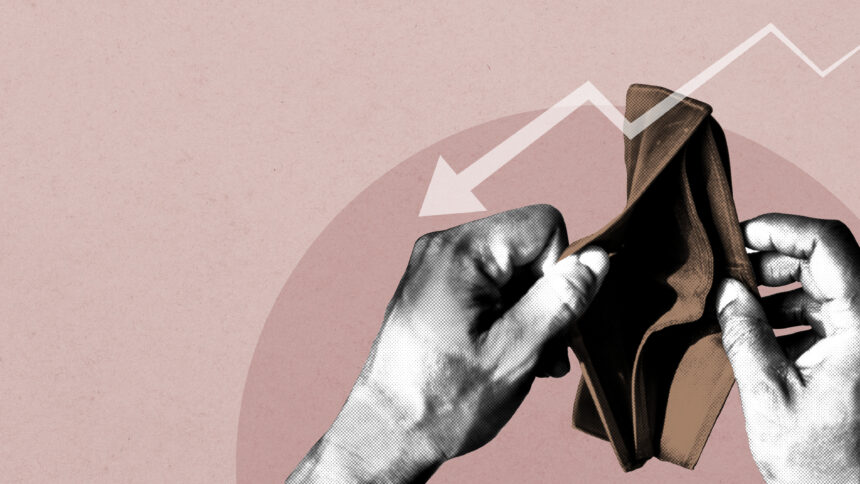Facing financial difficulties can be a challenging and stressful experience. When all other options have been exhausted, bankruptcy may be a viable solution to help individuals and businesses regain control over their financial situation. However, filing for bankruptcy is a complex legal process that requires careful consideration and understanding of its consequences. In this article, we will explore the key considerations and consequences associated with navigating bankruptcy.
Understanding Bankruptcy:
Bankruptcy is a legal status that individuals and businesses can seek when they are unable to repay their debts. It provides a structured process to manage and, in some cases, eliminate debt, giving debtors a fresh financial start. The two most common types of bankruptcy for individuals are Chapter 7 and Chapter 13, while businesses typically file under Chapter 11.
Considerations:
- Exhausting alternative options: Before considering bankruptcy, it is essential to explore all other available options to resolve your financial troubles. This may include negotiating with creditors, seeking credit counseling, or implementing a debt repayment plan. Bankruptcy should be seen as a last resort when other avenues have been deemed unfeasible.
- Impact on credit: Bankruptcy has a significant impact on an individual’s creditworthiness. It remains on credit reports for several years, making it challenging to secure loans or credit in the future. However, for individuals who are already struggling with overwhelming debt, the negative impact on credit may be outweighed by the opportunity for a fresh financial start.
- Types of debt affected: It’s important to understand that not all debts can be discharged through bankruptcy. Certain obligations, such as student loans, child support, alimony, and tax debts, are generally not dischargeable. However, bankruptcy can provide relief from unsecured debts, such as credit card debt and medical bills.
- Legal implications and costs: Filing for bankruptcy involves legal procedures and paperwork that must be completed accurately and on time. It is highly recommended to seek the guidance of a qualified bankruptcy attorney who can navigate the complexities of the process. While hiring an attorney incurs additional costs, their expertise can be invaluable in ensuring a successful bankruptcy filing.
Consequences:
- Asset liquidation: In Chapter 7 bankruptcy, individuals may be required to liquidate non-exempt assets to repay creditors. However, exemptions exist to protect essential assets such as a primary residence, vehicle, and personal belongings up to a certain value. Chapter 13 bankruptcy allows individuals to retain their assets while repaying their debts through a court-approved repayment plan.
- Loss of credit cards and limitations on borrowing: If you file for bankruptcy, your credit cards will likely be canceled, and it may be challenging to obtain new lines of credit in the near future. Lenders may view individuals who have filed for bankruptcy as higher credit risks. However, with time and responsible financial management, it is possible to rebuild credit.
- Emotional and social impact: Bankruptcy can have emotional and social consequences. It may be disheartening and cause feelings of failure or shame. It is important to seek emotional support from friends, family, or support groups during this difficult time. Remember, bankruptcy is a legal process designed to provide relief and a fresh start to individuals in financial distress.
- Rebuilding after bankruptcy: While bankruptcy can be a challenging experience, it also offers an opportunity for individuals and businesses to rebuild their financial lives. By adopting responsible financial practices, such as budgeting, saving, and establishing a positive payment history, it is possible to gradually rebuild credit and regain financial stability.
Conclusion:
Bankruptcy is a complex process with several considerations and consequences that must be carefully evaluated. It is crucial to exhaust all alternative options before considering bankruptcy and to seek professional advice from a bankruptcy attorney. While there are negative implications associated with bankruptcy, it can also offer relief and a fresh start for individuals and businesses burdened by overwhelming debt. By understanding the considerations and consequences, individuals can make informed decisions about their financial future and work towards regaining control over their financial well-being.










